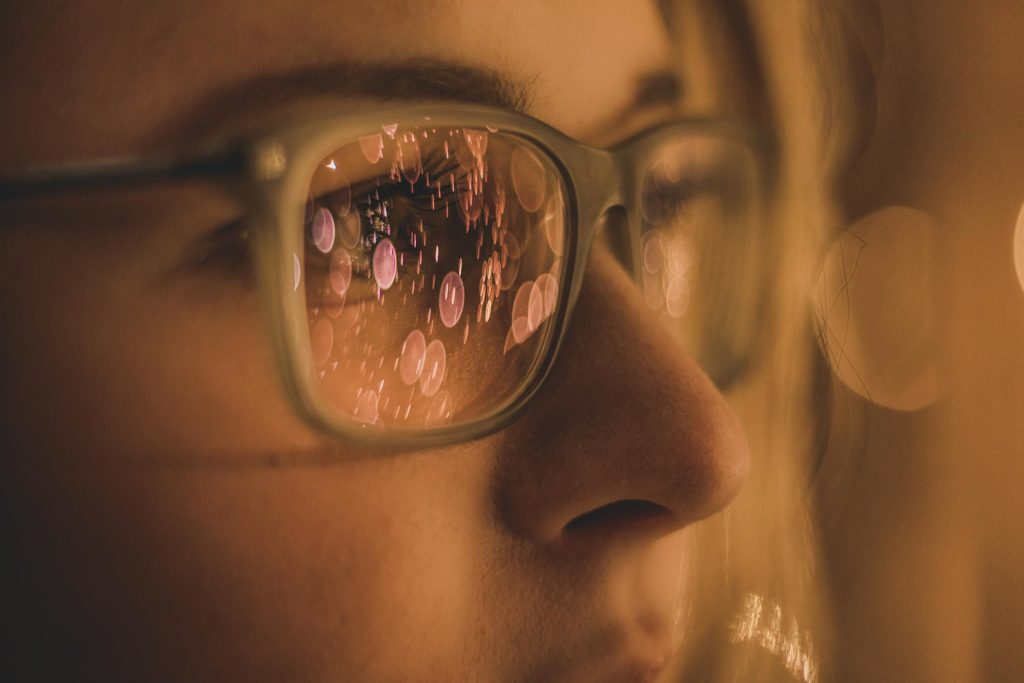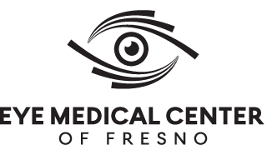15 Ways To Protect Your Vision

For most people, healthy eyesight is something that is taken for granted. Like our skin, our muscles and every breath we take, we don’t think about preserving what we have until it’s too late.
But there are plenty of ways we can protect our vision, from young eyes to middle-aged, and we need to – especially as our reliance on television, computer monitors and cellular phone screens increases.
Vision loss effects our physical and mental health, our sense of independence and quality of life. The Lancet Global Health Commission published a report in April 2021 estimating 895 million people will develop eye conditions in the next 30 years. So what can we do to prevent future problems today?
EMC presents 15 ways to protect your eyes from damage and disease:
-
Learn your family history
Did you grandmother have cataracts? Does your father suffer from glaucoma? As many health issues are inherited, you are more likely to develop the same eye problems your ancestors suffered from. Knowing what eye conditions run in your family could help you or your eye care professional identify signs in your own eye health. Spotting issues early and treating them accordingly could save your sight.
-
Monitor your children’s eyes as they grow
Little eyes grown and change quickly. Don’t dismiss things like a lazy eye or “crossed eyes” as something they’ll grown out of. Make sure vaccines are kept up with and see a doctor at once if you notice a change.
Watch what they’re playing with, too. Contact with chemicals like bleach in cleaning products can result in serious, lifelong vision damage. Using sticks as swords is all fun and games until a retina is scratched or poked. Encourage safety first.
-
Play outside
Insist on prying all eyes away from screens indoors for some fresh air. Even in young children, too much exposure to blue light can lead to dry eye, eyestrain and nearsightedness. Encourage 20-minute breaks for those students studying in front of their computers for long hours or being too caught up in their video games to give their eyes a rest.
-
Eat healthy and be active
Multiple medical reports tout the benefits of eating fresh fruits and vegetables for overall health. This includes your eyes! It’s not a myth that carrots, for example, are rich in betacarotene which produces Vitamin A that lowers cholesterol and improves vision. So load up on natural, plant-based meals between daily exercise and make sure you are hydrating adequately. Aim for 30 minutes a day of walking or dancing to maintain your health, including eyesight.
-
Don’t smoke
You know that smoking increases your chances of developing heart disease. But it also puts you at greater risk of having eye disease such as macular degeneration and cataracts. Tobacco smoke causes dry eye for you and those around you. So get serious about quitting or being around those who are smoking.
-
Monitor your general health
Much like stress affects your whole nervous system, chronic health conditions play a part in vision loss, especially if not tended to. Listen to your doctor about maintenance and take your medications as prescribed. Don’t go blind because your diabetes is out of control or a blood clot burst behind your eye.
-
Wear sunglasses outside
Of course, you know better than to look directly at the sun. But all exposure to UV radiation, over time, can damage your corneas and lenses, potentially leading to cataracts and eye cancer.
Since you can’t apply sunscreen to your eyes, invest in sunglasses that block UVA and UVB radiation. Wear them even when the sky is overcast and consider carrying eye drops to keep your eyes hydrated.
-
Minimize eyestrain at work and at home
Especially if you work in an office where you sit in front of a computer much of the day, make sure to sit at least an arm’s length away and use the 20-20-20 rule: every 20 minutes, look away from your screen and focus on an object at least 20 feet away from you for at least 20 seconds. If you want to keep your 20-20 or better vision, train yourself to follow this guideline. Consider wearing inexpensive blue light-blocking lenses, too, even if you don’t normally need glasses to read.
Don’t forget to wear protective goggles if you with in construction or with chemicals. Even working on projects at home require protective eye wear. Take precautions against freak accidents that could jeopardize your face and eyes.
-
Wear proper facial sports gear
When you’re healthy, with quick reflexes, you don’t think about that little ball or sturdy racquet causing harm. Wear goggles, a mask or helmet with a safety visor protect your eyes. It only takes a split second for an errant ball or misplaced finger to poke you and do serious, long-lasting damage.
-
Take care of our contact lenses
This is something you just can’t forget to do. Wash your hands properly, disinfect with recommended cleaning solution and store contact lenses in a safe place. Prevent infection by taking them out to sleep, shower and swim. Your contact lenses should be considered a cause if your eyes are red, painful or your vision changes. Stop wearing your lenses and call your eye doctor immediately if you have any of these changes.
-
Don’t share makeup
Oh, what fun girls night is where everyone styles each other’s hair and shares their make-up tips. Don’t use your makeup on anyone else or let them use theirs on you! That can spread infection. Stop using makeup that gives you red eyes. Always apply eyelines outside your lash lines and wash off all makeup before lying down to sleep. Makeup does have an expiration date. Keep your fresh – and your eyes healthy – by replacing eye makeup every three months.
-
Have your eyes screened during pregnancy
It’s normal for you to have some vision changes such as dry eye or blurriness during pregnancy. Consult your doctor if you experience any changes. If you’re diabetic, talk to your doctor right away about having your eyes screened and monitored as your body is under extra strain when carrying a child.
-
Keep all your glasses packed
It’s easy to overlook eyewear when packing for the day or a longer trip. Make sure to save room in your vacation bag for sunglasses, reading glasses, swim goggles, extra contact lenses, eye drops, eye masks and the like. If you experience any eye troubles during your trip, seek out an ophthalmologist right away.
-
Pay extra attention to vision changes over age 40
There’s a joke that everything falls apart after age 40. It’s no laughing matter, though, if your vision becomes blurry. That could signal a common condition known as presbyopia that could require you to start wearing reading glasses. It could also mean the onset of something more serious, such as macular degeneration. See an eye doctor regularly to identify these conditions early. Take any medications, even prescription eye drops, as directed or let your specialist know if you are having trouble keeping up with daily eye care. They may be able to amend your care to something easier to remember.
-
Make no assumptions about “natural” vision loss
Losing your sight is not inevitable with age. You may not have any symptoms. But routine eye exams can help detect problems early, when treatment is most effective. According to the American Academy of Ophthalmology, you should be seeing an eye doctor at least once a year and perhaps biannually if eye disease runs in your family. Your eye doctor may want to keep a closer eye on you depending on your symptoms.
